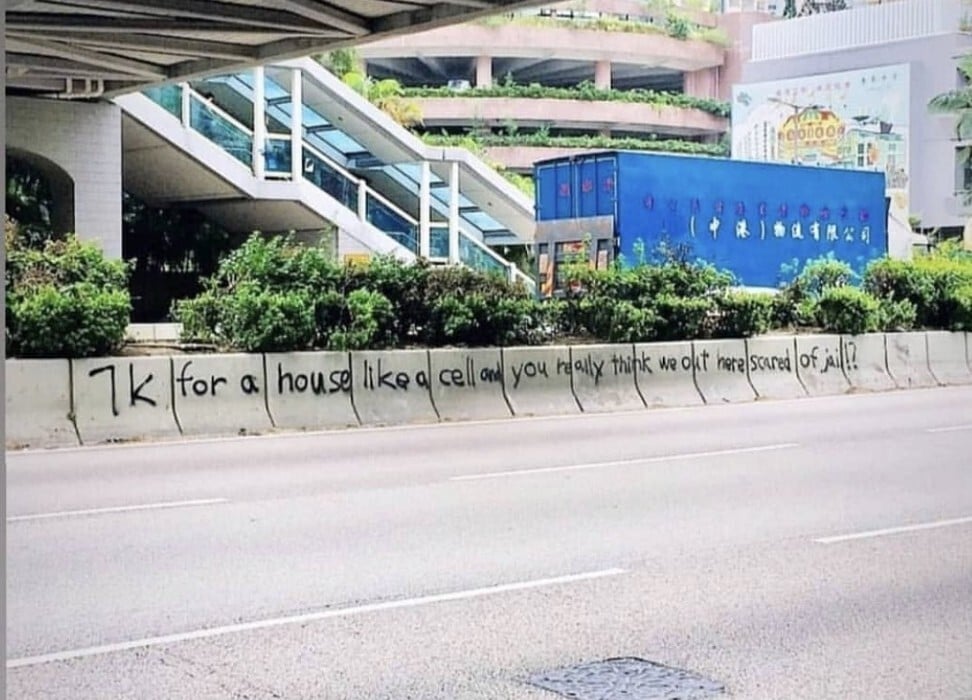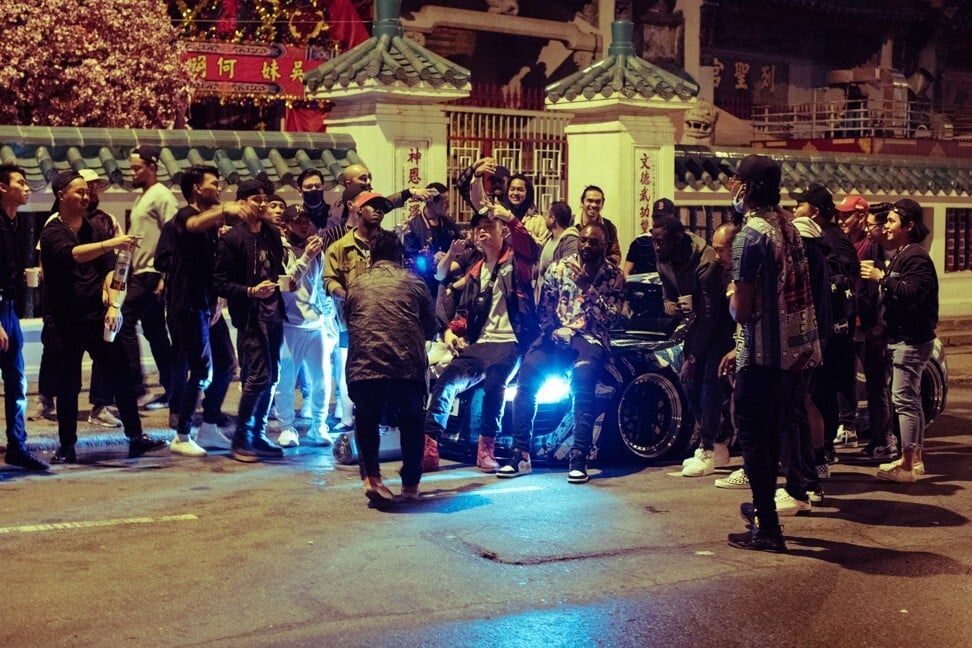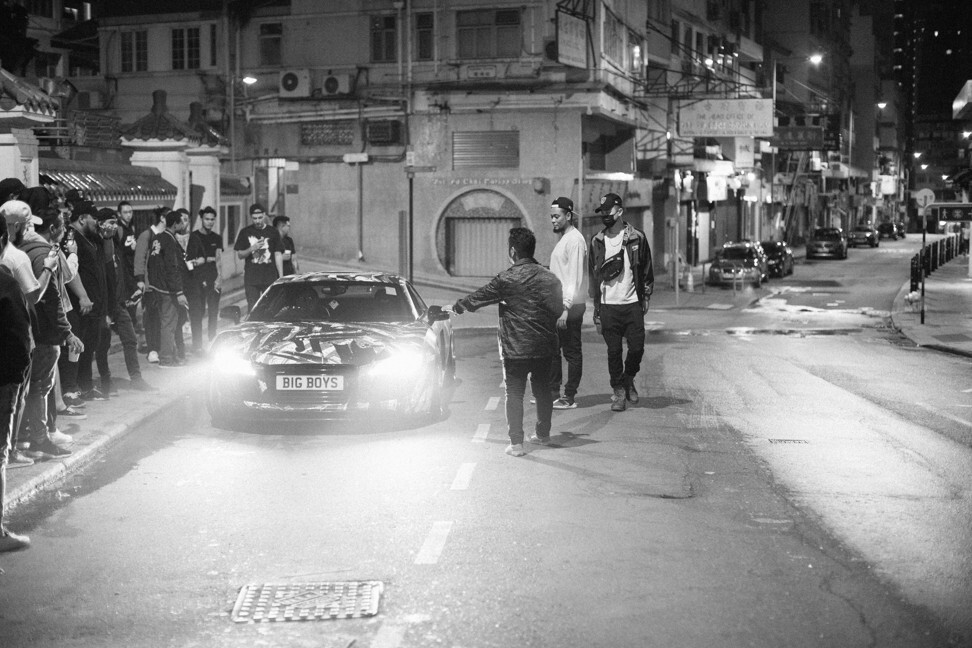
Tiny flats, unemployment, mental health: Hong Kong rapper’s songs illustrate struggles of city’s youth
- Yuri Tomiyama aka Txmiyama uses his music to call out the struggles that young people in Hong Kong face – ones he has experienced himself
- Lyrics from one of the rapper’s songs, written a year before last year’s anti-government protests kicked off, became a rallying cry for protesters
When Hong Kong-based rapper Txmiyama says that he only raps “about the things he knows”, he isn’t exaggerating.
“I wrote that song a whole year before the protests,” says the 26-year-old rapper, whose real name is Yuri Tomiyama. Born in Toronto, Canada, to Japanese parents, he moved to Hong Kong at the age of 12. “I was simply talking about my own life – I really was living in a 120 square foot [11 square metre] apartment in Tsim Sha Tsui that cost me HK$7,000 [US$900] a month, and I really did hear stories from friends who said, ‘Jail is not that bad honestly, I’ve seen smaller houses.’”

Tomiyama isn’t afraid to use his music to call out the injustices and struggles that working-class youths in Hong Kong face, but his lyrical repertoire doesn’t just consist of screw-the-system anthems. Much of his music also focuses on the malaise and disillusionment common among Hong Kong’s youth.

Beyond financial woes, Tomiyama also details the mental struggles that many have faced during the outbreak. As he continues on Quarantine: “I walk to the fridge, to the couch, then back to my room/ Yeah I’m done for the day.”
“I feel like this pandemic has forced some people to be alone with their thoughts for maybe the first time in their life, and many people have had their first experience with existential crises and anxiety,” he says.
Tomiyama has some experience grappling with mental health issues. “If anybody needs to talk about mental health issues, hit my [direct messages] – my first panic attack was when I was like five, so I’m a [veteran] at this s***.”
This is part of the reason why he doesn’t share his music with his mother – he has always kept her away from his struggles with drug addiction and depression.
“I was 13 or 14 when I realised I was different from other people. Everything in life could be going well, but I was sad and pessimistic about life. And I just turned to one of the only things I was decent at for an escape: writing.”

Tomiyama would turn these daily notes into unstructured poems, and eventually they started rhyming. By 17, he was recording his raps in his tiny rented room in Kwun Tong.
“I used to struggle to find myself and tried to fit in,” he says. “But I’ve had plenty of experiences where I was seen as ‘too Japanese’ by foreigners, and ‘too Western’ by my own people.
“I will always feel like an outsider. I still have people in this city who would never accept me as an Hong Kong rapper because I’m not really ‘local’, and my Cantonese isn’t very good. But like I said, this is the closest place I can call home. I feel safe here.”

Tomiyama’s rough exterior belies a softer side: one that wants to spend the lockdown focusing on his girlfriend and cat, and one that misses his mother and grandmother “so much that it’s not funny”.
“When my mum is in town I spend all week with her,” he says, then quips: “I’m quite shy and most people will say I’m very nice, but I just look like an a******.”
Outside music, Tomiyama works six nights a week as a bartender in Central and does some copywriting on the side. His idea of success doesn’t stray too far from the ideal. Beyond wanting to own a house in Hong Kong – “all mine, no loans” – he wants to make it independently as an artist, provide work for his friends “so they can all eat”, and maybe get another cat.
But his main priority is to pay tribute to his mother. “I want to be able to tell her that she don’t have to worry no more. Maybe one day, I’ll be comfortable enough to show her my music and how degenerate I used to be – but also show her what I made out of it.”
